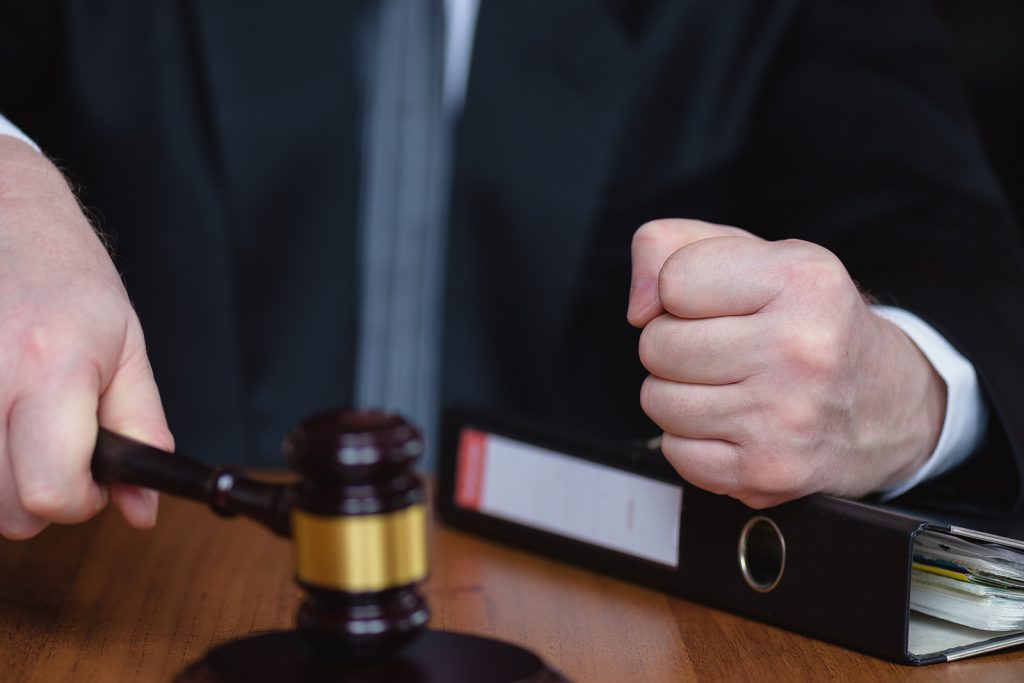When you are facing drug charges in New Jersey, it is imperative to understand the possible penalties that are associated with them, including fines, probation, or incarceration.
Whether or not you believe your charge to be minor, there may be more consequences down the road. It is crucial to hire an experienced New Jersey criminal defense attorney to represent you throughout your criminal case.
Here is everything you need to know about New Jersey drug charges and their penalties:
Drug Possession Charges
The New Jersey Code of Criminal Justice includes the drug possession statute (N.J. Rev. State. § 2C:35-10). Drug possession is defined as “any person, knowingly or purposely, who obtains or possesses, actively or constructively, any controlled substance without a proper prescription.”
Drug possession laws in New Jersey are separated into 5 distinct categories. The categories range from Schedule I—most dangerous with the most severe penalties—to Schedule V—least dangerous with lesser penalties.
The categories include stimulants, depressants, and hallucinogens
- Opiates, such as heroin, or opioids, such as fentanyl
- Methamphetamine, cocaine, crack cocaine
- Codeine, Vicodin, additional prescription painkillers
- Xanax, Klonopin, Ativan, and more
- Types of cough medicine containing the lowest codeine presence
Drug Paraphernalia Possession
In New Jersey, all materials or equipment used to inhale, ingest, inject, or additionally administer dangerous substances in the body—from planting to packaging—are considered possession of drug paraphernalia. Several typical examples of drug paraphernalia include but are not limited to:
- Devices used to prepare a controlled substance
- Testing equipment to define the strength or purity of controlled substances
- Planting or growing kits to grow controlled substance
- Balances or scales to measure or weigh controlled substances
- Isolated containers used for packaging and distribution of controlled substances
Distribution of Drugs Law
N.J. Rev. State. § 2C:35-5 reveals that it is unlawful and illegal for anyone, knowingly or purposely, “to manufacture, distribute, dispense, or to possess or have under his control with intent to manufacture, distribute or dispense, a controlled dangerous substance or controlled analog.” Additionally, it also prohibits the distribution of counterfeit controlled dangerous substances.
The amount the person possesses or distributes will determine the level of the offense and associated penalty. Consequently, the amount in possession may also support an allegation of intent to distribute depending on the facts and circumstances of the packaging and paraphernalia.
Main Penalties for Drug Convictions
Here are the statutory penalties for crimes in New Jersey:
First degree:
First degree is the most severe out of all drug offenses in New Jersey. Large-scale drug distribution falls into this category. Penalties can include up to a $200,000 fine and up to 20 years in prison.
Second degree:
Drug distribution may fall into this category depending on the substance and amount. It bears a lesser penalty than first-degree crimes; however, the penalties are still severe and include a presumption of incarceration. Penalties include a fine of up to $150,000 and up to 10 years in prison.
Third degree:
Schedule I, II, III, or IV drug crimes fall under this category. Penalties can include up to $35,000 in fines or up to five years in prison.
Fourth degree:
Schedule V drug crimes fall under this category. Penalties can include up to a $15,000 fine and up to 18 months in prison.
Disorderly Persons:
The least severe charge under drug crime law in New Jersey. Penalties can include up to a $1,000 fine and up to 6 months in jail.
First Offense Drug Charges and Diversionary Program Options
If you are accused of a drug offense in New Jersey, and it is the first offense, you may have options. The Conditional Discharge Program for disorderly persons and the Pre-Trial Intervention program for crimes are two diversionary programs that can result in the dismissal of your charges.
Under these programs, you are eligible to have the charges dismissed after a select time period elapses and stay out of trouble. Additionally, the Court may set conditions to successfully complete the programs, such as completing a drug treatment program, performing community service, paying fines, restitution, forfeiting property, or any other condition set by the Court. After completing the program, your charges will be dismissed.
Hire a Criminal Defense Attorney
If You are accused of drug crime in New Jersey, you should immediately seek an experienced criminal defense lawyer. The Bianchi Law Group is made up of a team of former prosecutors who handle criminal defense, domestic violence, and municipal court cases.
Our team of former prosecutors provides a holistic approach to our clientele facing drug charges. Our legal team will develop your case and aggressively defend your rights. Call us today to discuss the nature of your case!











